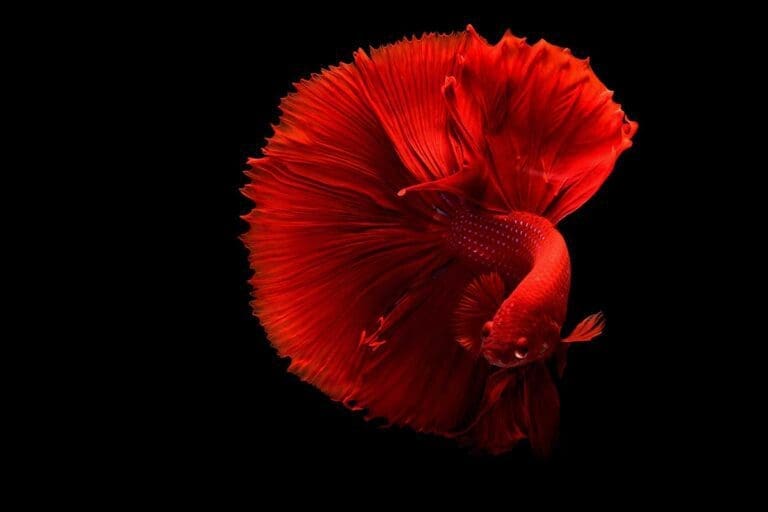A spotless fish tank isn’t just about looks but about balance. Many new aquarium owners seem to think that deep cleans once a week will keep their fish healthy, while in reality, this will harm the ecosystem. The real secret to a proper cleaning schedule for a fish tank is to actually know what to clean and how often.
Failing to perform regular maintenance can lead to cloudy water, stressed fish, and even illness. On the other hand, overcleaning removes beneficial bacteria that help stabilize the tank. Striking the right balance keeps your aquarium healthy, clear, and thriving.
Creating Your Weekly Maintenance Routine
Most tanks require partial water changes every one to two weeks. This refreshes the water and removes waste without disturbing the biological balance your fish rely on. It is normally sufficient to replace 15–25% of the total water volume at any given time to maintain stability without shocking your fish.
Include these essential tasks in your weekly routine:
- Water quality testing should be done with reliable test kits for ammonia, nitrite, nitrate, and pH.
- Remove algae: Use an algae scraper to wipe the glass clean, maintaining clear visibility.
- Vacuum the substrate: Use a gravel siphon to lift debris and leftover food from the bottom.
Never change more than half the water in the tank at once, as sudden changes in pH or temperature could shock your fish. Always use dechlorinated water that matches the tank’s temperature before refilling.
Read More: How to Identify Fresh Water Fish Diseases
Understanding Filter Maintenance Needs
Your filter plays a key role in keeping the water safe. Clean it only when the water flow slows noticeably and not on a strict schedule. Many beginners clean filters too thoroughly, accidentally removing the beneficial bacteria that convert toxins into harmless compounds.
Rinse filter sponges or media gently in the old tank water you’ve just removed during a water change. Avoid using tap water, as chlorine kills helpful bacteria. Don’t scrub the filter spotless, as some residue is necessary for proper biological filtration.
Different filter components have different needs. Mechanical sponges benefit from a light rinse every few weeks. Biological media, such as ceramic rings, can remain clean for months without cleaning. If you use chemical media such as activated carbon, replace it every four weeks for best results.
Recognising Signs of Poor Water Quality
Healthy tank water should appear clear and have a fresh smell. Cloudy or dull water usually signals an imbalance. This haziness is caused by bacterial blooms, indicating that your biological filtration cannot cope with the current waste load. When fish are swimming near the surface, gasping for air, ammonia has reached dangerous levels.
Observe your fish for changes in behavior that indicate poor water quality. A decline in appetite, sluggishness, labored breathing, or abnormal swimming can occur well before test kits detect problems. White spots on fins or bodies indicate diseases that thrive in stressed fish living in poor conditions.
Read More: 10 Secrets You Must Know Before Buying a Saltwater Aquarium
Maintaining Long-Term Tank Health
A regular maintenance routine for the fish tank helps prevent most aquarium problems from developing. New tank syndrome, which occurs when too many fish are introduced before colonies of beneficial bacteria have established themselves, affects beginners. This cycling period may take four to six weeks, during which ammonia and nitrite spike to dangerous levels.
Routine, gentle cleaning helps maintain a balanced aquarium and keeps your fish healthy. With consistent care and patience, you’ll enjoy clear water, healthy fish, and a thriving ecosystem for years to come.
Read More: How to Choose the Right Size Aquarium






